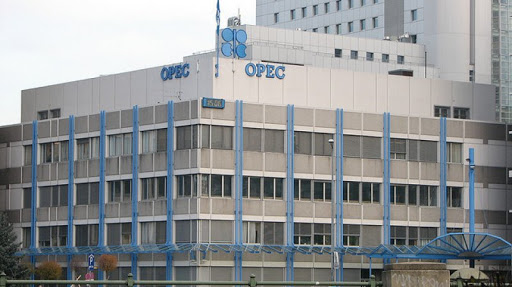The Voice of Nigeria reports that under the new production schedule agreed upon at the 49th Joint Ministerial Management Committee and the 35th OPEC and Non-OPEC Ministerial Meeting held in Vienna, Austria, over the weekend, Nigeria will see its quota decrease from January to December 2024.
Nigeria’s expected output quota for August, September, October, and November were 1.826 million bpd, 1.830 million bpd, 1.826 million bpd and 1.747 million bpd respectively.
Mrs Enafaa Bob-Manuel, the Director of Information at Nigeria’s Petroleum Ministry said on Monday in Abuja that “Nigeria, Congo and Angola, also agreed that the highest production volumes of the last six months – November 2022-April 2023, be used as the basis to determine their 2024 quota. This is, however, subject to review in November at the 2nd annual meeting of the Joint Ministerial Management Committee.”
According to Mrs Bob- Mauel, it was also agreed at the meeting that the current OPEC quota would be maintained till the end of 2023.
Meanwhile, Leader of the Nigerian delegation to the conference and Permanent Secretary of the Ministry of Petroleum Resources, Gabriel Aduda, who was also confirmed the OPEC Governor for Nigeria at the meeting in Vienna, said: “Nigeria can ramp up its production up to its current quota of 1.742 million barrels per day and subsequently be capped at 10% less as its quota for 2024 subject to verification by independent secondary sources.”
He expressed confidence that the ongoing security intervention under the leadership of President Bola Ahmed Tinubu would enable the restoration of Nigeria’s production to the 1.580 million barrels per day.
The drop in the oil production quota by OPEC would be a constraint on its oil production and exports, which can have implications for government revenue, budget planning, and overall economic stability, as oil is a major source of income for Nigeria.
A statement by OPEC said the required production level for Congo and Nigeria may be updated to equal the average production that can be achieved in 2024.
“Nigeria’s stated Production Plan in 2024 is 1,578,000 bpd subject to verification, and if verified then the number will be reflected as required production for 2024,” OPEC said.
Among other decisions reached at the 35th OPEC and Non-OPEC Ministerial Meeting, OPEC and its allies reaffirmed the Framework of the Declaration of Cooperation, signed on 10 December 2016 and further endorsed in subsequent meetings; as well as the Charter of Cooperation, signed on 2 July 2019.
OPEC also reiterated the importance of Countries adhering to set rules and guidelines while subscriboing to sanctioning of those countries who produce above the required production level.

